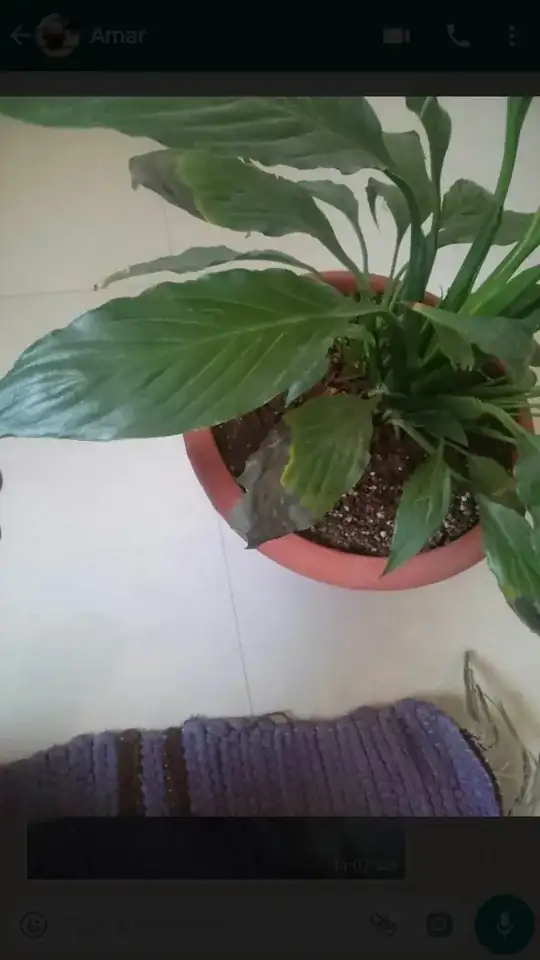Well, my first thought is that a little twisting it isn't necessarily a problem or harmful. Those carrots grew to nice eating size anyway. Granted it's not ideal, as the roots will have a little harder time spreading out. The carrots could be harder to wash and may be harder to sell. But intertwined roots are very common.
Twisting can happen in a myriad of ways, all of which involve a root getting diverted or damaged, especially when it is tiny. The carrots may well have run into each other underground, for example, and something had to give. A rootlet can hit the edge of a pot in which it is growing, which is why root-bound plants tend to have crazy-twisted and even strangled roots. So one possibility is that if you put out broccoli seedlings, the twisting was set in motion even before the plant reached your garden. A rootlet can hit a tiny rock. An insect can nip off the tip and the root then starts to grow in a slightly different direction. You get the idea - anything in the way can send a rootlet off in a new direction, and from there it reaches what it reaches, and does its best to keep growing regardless. Then it gets bigger and we notice.
Twisting is far more serious in perennials than in annuals. I won't plant out a potted tree whose roots are growing in spirals around each other, as eventually the twisted roots will hurt each other. Annuals will die before the roots get so big as to strangle each other with insufficient other roots to compensate. When I pull up vegetable plants in the fall and see the roots, plants some of which have done beautifully, twisted up roots are pretty common.
